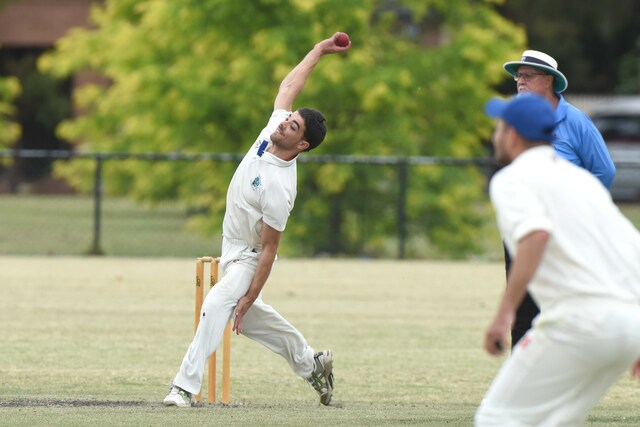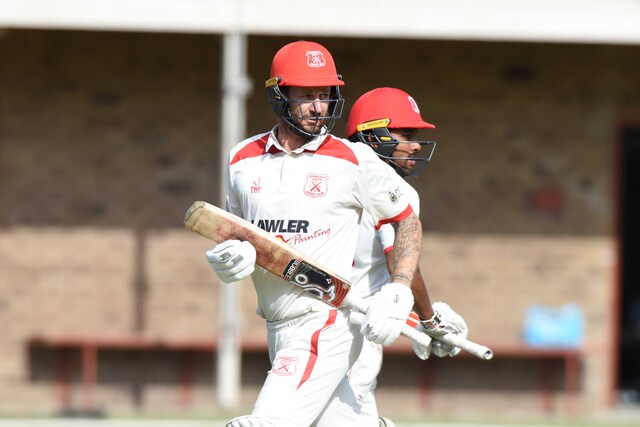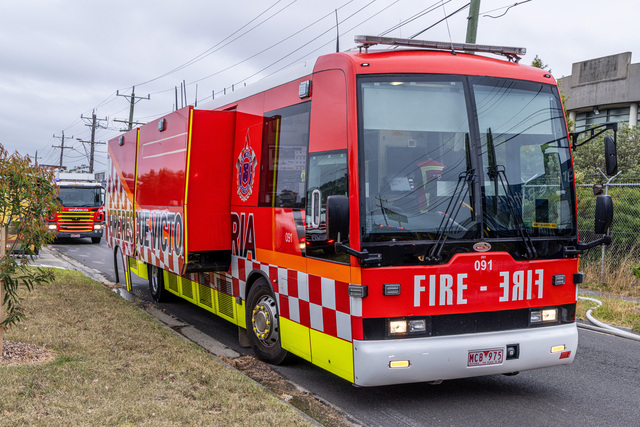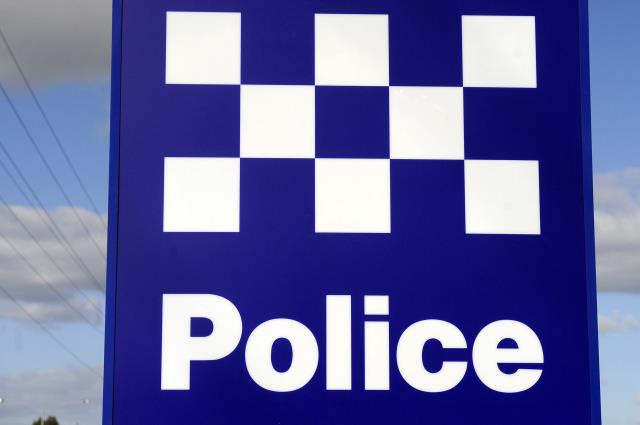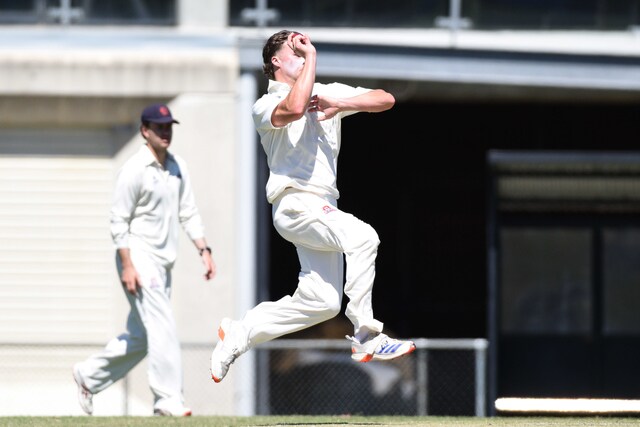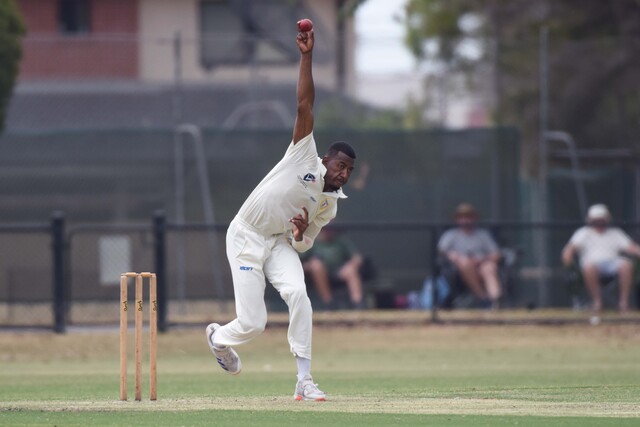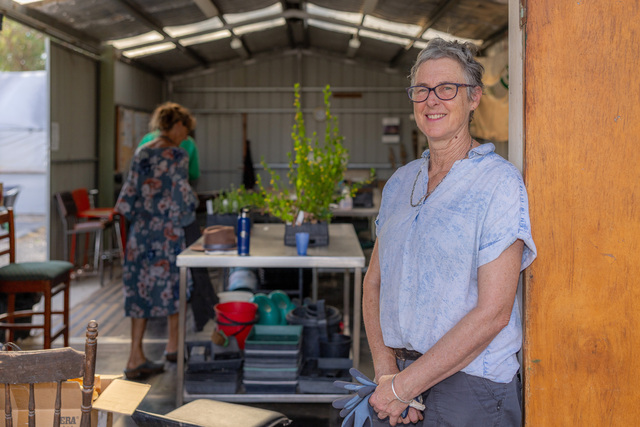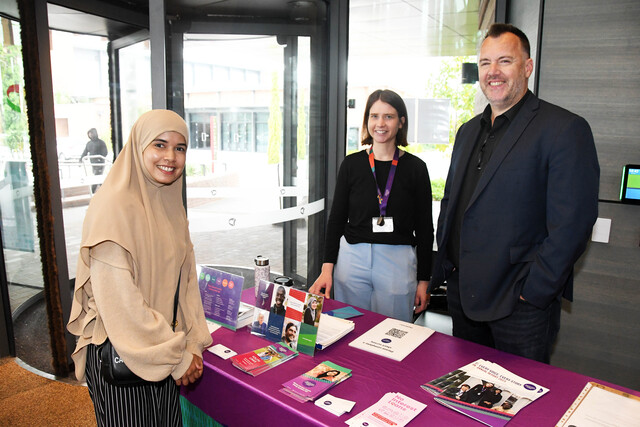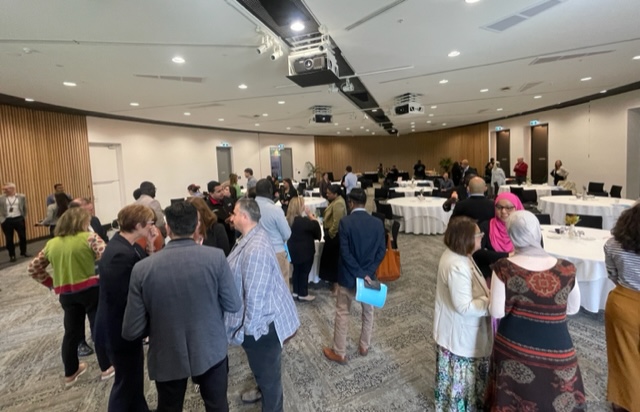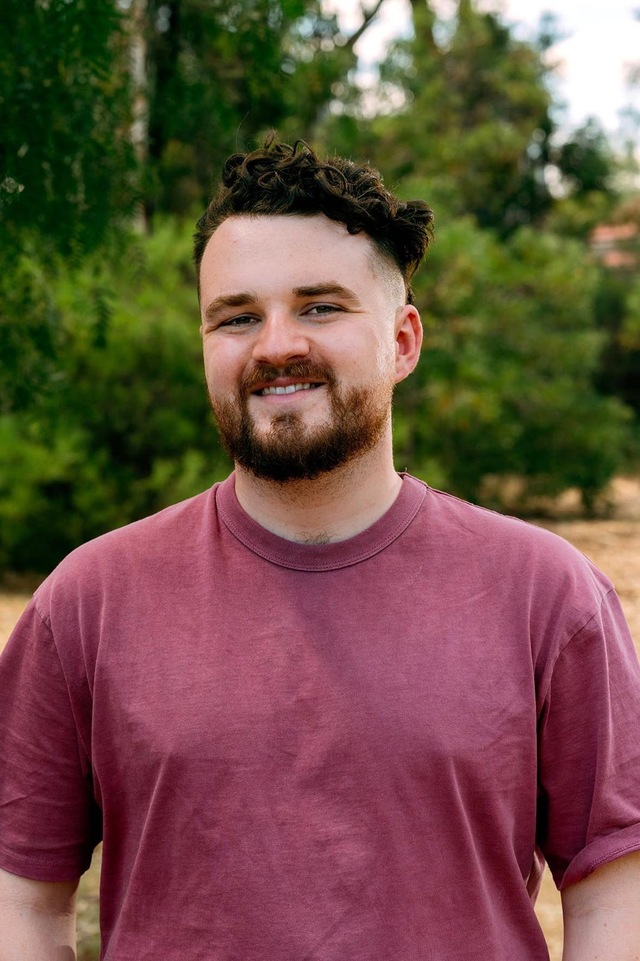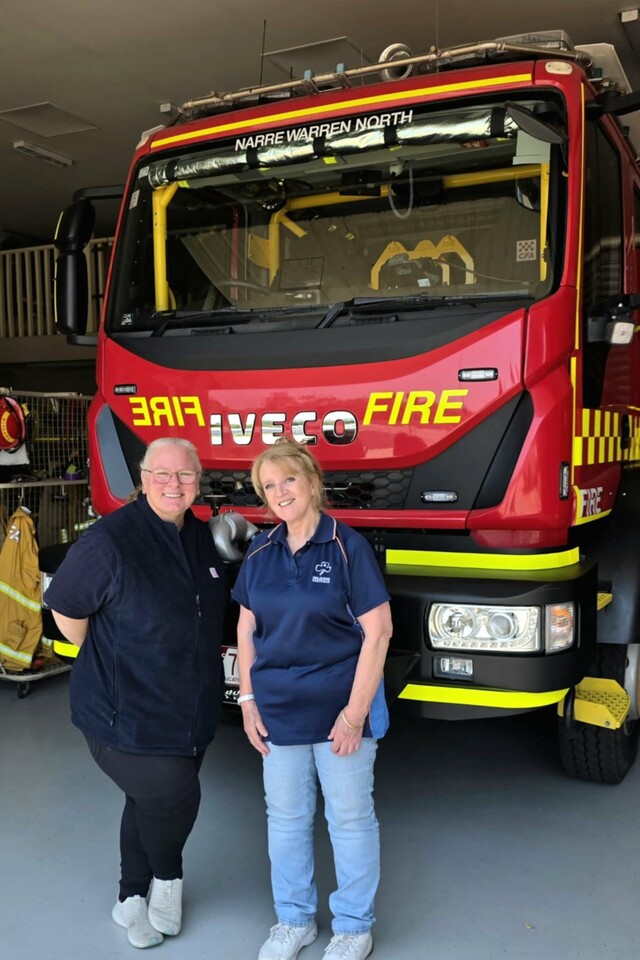Daniel Margariti describes himself as many things; a family member, a university graduate, an enthusiastic world traveller and a passionate volunteer.
But perhaps most poignantly, the 25-year-old Dandenong man is a survivor, having fought two serious attacks of testicular cancer.
First diagnosed only weeks after his 18th birthday, Mr Margariti was rushed to the emergency room with pain and swelling in one testicle.
Mr Margariti said he had ignored the symptoms of discomfort and pain in his groin for some time.
“Like most 18-year-olds I was too busy focusing on socialising, two part-time jobs and university to really appreciate the frailty of life,” he said.
“I did not understand the prevalence of youth cancers or know the facts that testicular cancer is the most commonly diagnosed cancer after skin cancer in males aged 18 to 39.”
He described the diagnosis as “difficult”, especially at such a young age.
His world was “flipped upside-down and put on hold, with work being stopped, university being deferred and treatments taking their toll”.
Fortunately for Mr Margariti the cancer had not moved elsewhere in the body and he only required one surgery.
But it wasn’t all good news.
Because the university student had ignored the symptoms, resulting in a later diagnosis, he required a combination chemotherapy treatment, with three rounds of week-long treatments and three rounds of day treatments.
This took its toll on the then 18-year-old’s body.
“Losing my hair and weight fluctuations were some of the outward physical effects of my treatments, but the way I viewed life had been affected forever,” Mr Margariti said.
Determined to live life to the fullest, Mr Margariti soon returned to university to finish his Bachelor of Business and Commerce where he was awarded with best student in the marketing major.
He also became involved in volunteer work, Riding Develops Abilities, a charity supporting children with physical and mental disabilities and also volunteered in Africa and Tanzania, teaching English and maths.
But a dream to live and work in Italy was cut short in mid-2015 when he was passenger in a car accident on the island of Lipari.
“Intense back pain came on and after several weeks of seeing various doctors in Italy and the pain worsening, I was forced to return back to Australia,” Mr Margariti said.
After several months of misdiagnosis and visiting many specialists Mr Margariti started to have pain in his abdomen, along with a loss of appetite and weight loss.
“Then one morning I woke up struggling to breath as it felt like my whole chest was in spasm,” he said.
“I was rushed to emergency at The Valley Hospital and they discovered I had fluid in my lungs caused by seven tumours across both lungs, along with a tumour in my liver and a large tumour the size of a fist in the back of my abdomen near my spine.”
An MRI of the entire body was performed in emergency, revealing the late-stage testicular cancer had not yet reached the brain.
He quickly commenced chemotherapy; however he said doctors were unsure what type of treatment to use as they had not seen the particular type of blood markers in a patient with his medical history before.
“After various oncologists across the country shared their opinions on what ‘could’ work the group of doctors decided that they would give me the strongest dose of chemotherapy they could and hope for the best,” Mr Margariti said.
But two days after the first round of chemo, Mr Margariti suddenly collapsed.
He had a serious complication to the treatment and his liver had started to bleed.
What followed next was a stint in intensive care and 10 days on intravenous antibiotics to reduce a fever.
“But by that time the fever was reduced I was already meant to be starting my second round of chemotherapy.
“So I then spent another week in hospital, but luckily this time there were minimal complications,” Mr Margariti said.
“Although at this time my hair and eyebrows had already started falling out and I was pretty much bald, luckily I have a round head that doesn’t look that bad bald.”
Just before Christmas 2015 he was accepted into a stem cell transplant trial at The Royal Melbourne Hospital.
The stem cell retrieval process entailed spending all day attached to a machine with a series of tubes in each arm to filter out the stem cells from the blood, and store them in order to restart the body’s immune system after extreme doses of chemicals to hopefully kill the cancer as a last resort treatment.
A third round of chemotherapy was successful and in February 2016 Mr Margariti got the news he had been waiting for.
A fourth round of treatment was effective and the blood tumour markers eventually reduced to a normal range.
Dead tumours in the abdomen, liver and lungs were then removed in three separate surgeries with long recoveries in hospital and at home, which was followed by an eight-day hospital stay due to wound infection.
“Luckily the biopsy showed that the chemotherapy killed all the cancer cells in the liver,” Mr Margariti said.
But doctors were concerned a dead tumour remaining on his right lung was reducing his already low lung capacity, so a further surgery to remove the tumour was scheduled.
“However my father had started to have heart complications and doctors discovered that he required open-heart surgery to bypass five arteries,” Mr Margariti said.
Wanting to be there for his father, Mr Margariti postponed the surgery until his father was back to strength.
When the surgery did go ahead it went “well, with no clear complications at the time”.
But once again Mr Margariti attracted an infection and after a week of antibiotics it was decided to operate on him again to remove the fluid that was slowly suffocating him.
So a further three weeks of antibiotics followed – not without its complications.
However, Mr Margariti is now recovering well, considering.
“I struggle catching my breath with most activities and with humid weather I struggle even more so, but with time and rehabilitation I hope to improve my lung capacity,” he said.
He is also under close monitoring by specialists who are concerned about active lung cancer cells found during a biopsy.
But for now he is hoping for the best and “getting on with making the most of life” with the support of his family members who he described as his rocks.
On a crusade to support those in a similar situation and prevent cancer from affecting others, Mr Margariti has established a Facebook support group ‘Young Adult Cancer Support’ for cancer sufferers in their 20s and 30s.
He has also been spreading the importance of taking charge of your health, something he wishes he had done earlier.
“If you or anyone you know is unsure about anything, please get it checked,” Mr Margariti said.
“Prevention is always the best option.”
Mr Margariti will share his story at Casey’s Relay for Life on Friday, 3 March and Saturday 4, March at Akoonah Park, Berwick, to raise money for the Cancer Council.
Visit www.relayforlife.org.au for more information or to register.
Life changed by cancer battle

Digital Editions
-
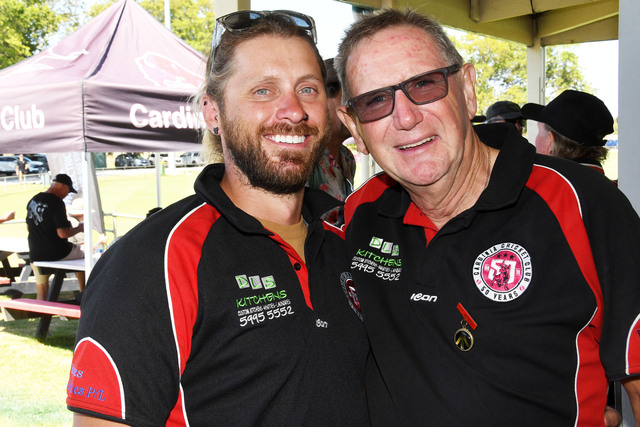
Seagulls legends honoured
Purchase this photo from Pic Store: 533225 **One of the most awesome things you’ll see in local sport is the new mural on the wall…



